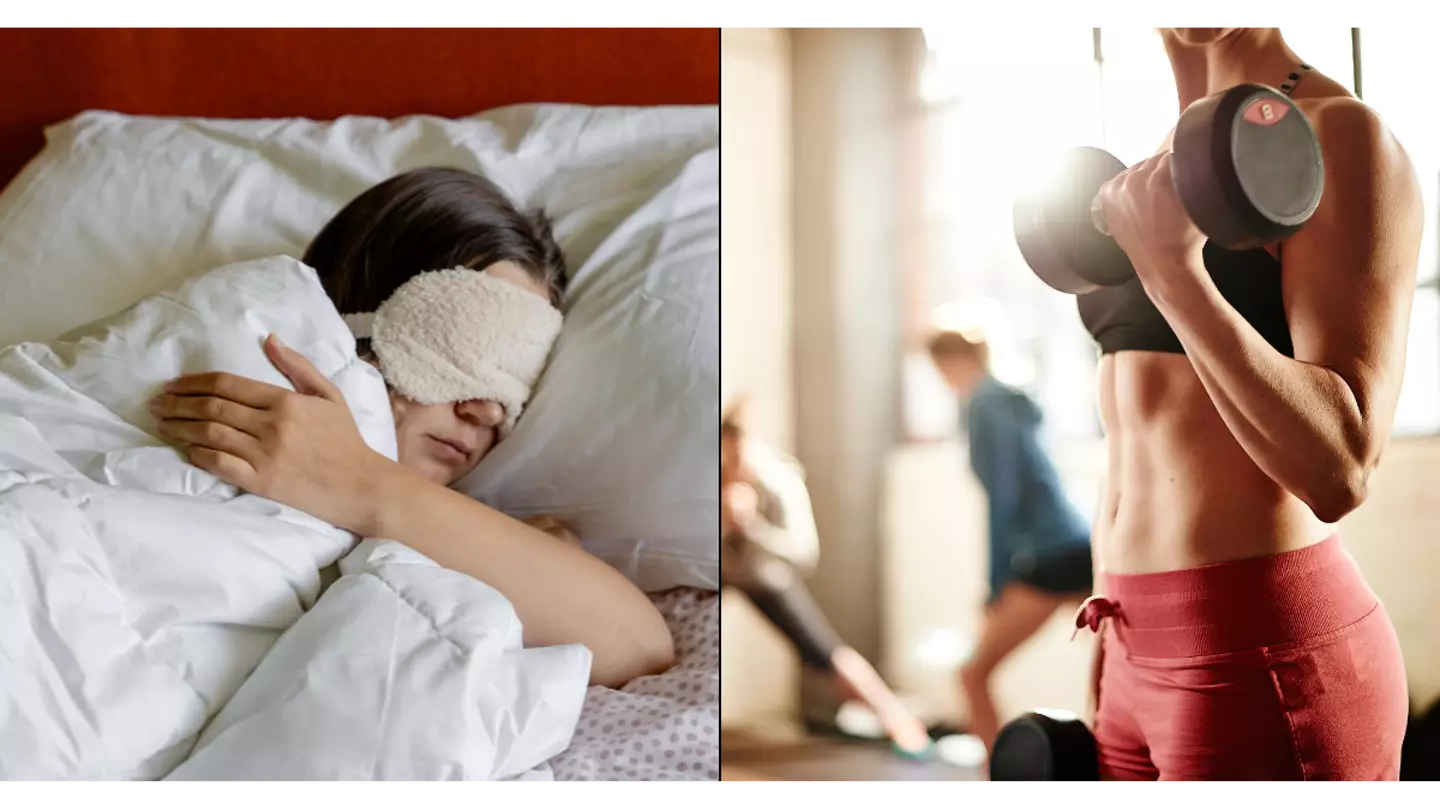
We all wish we could turn back time, taking off the years and the aches and pains that come with getting older.
Tech mogul Brian Johnson is so obsessed with staying young that he spends $2 million (£1.6 million) a year trying to de-age his body.
In his quest to stay forever young, Johnson follows a strict diet and workout regime, consuming exactly 1,977 calories a day, exercising for at least an hour and going to bed at 8.30pm.
Advert
He also injects himself with his 18-year-old's blood and injects his penis to help him achieve a 'prolonged erection.'
Apparently, it's all working. According to the 46-year-old biohacker, he has the lung capacity and fitness levels of an 18-year-old, the heart of a 37-year-old and the skin of a 28-year-old.
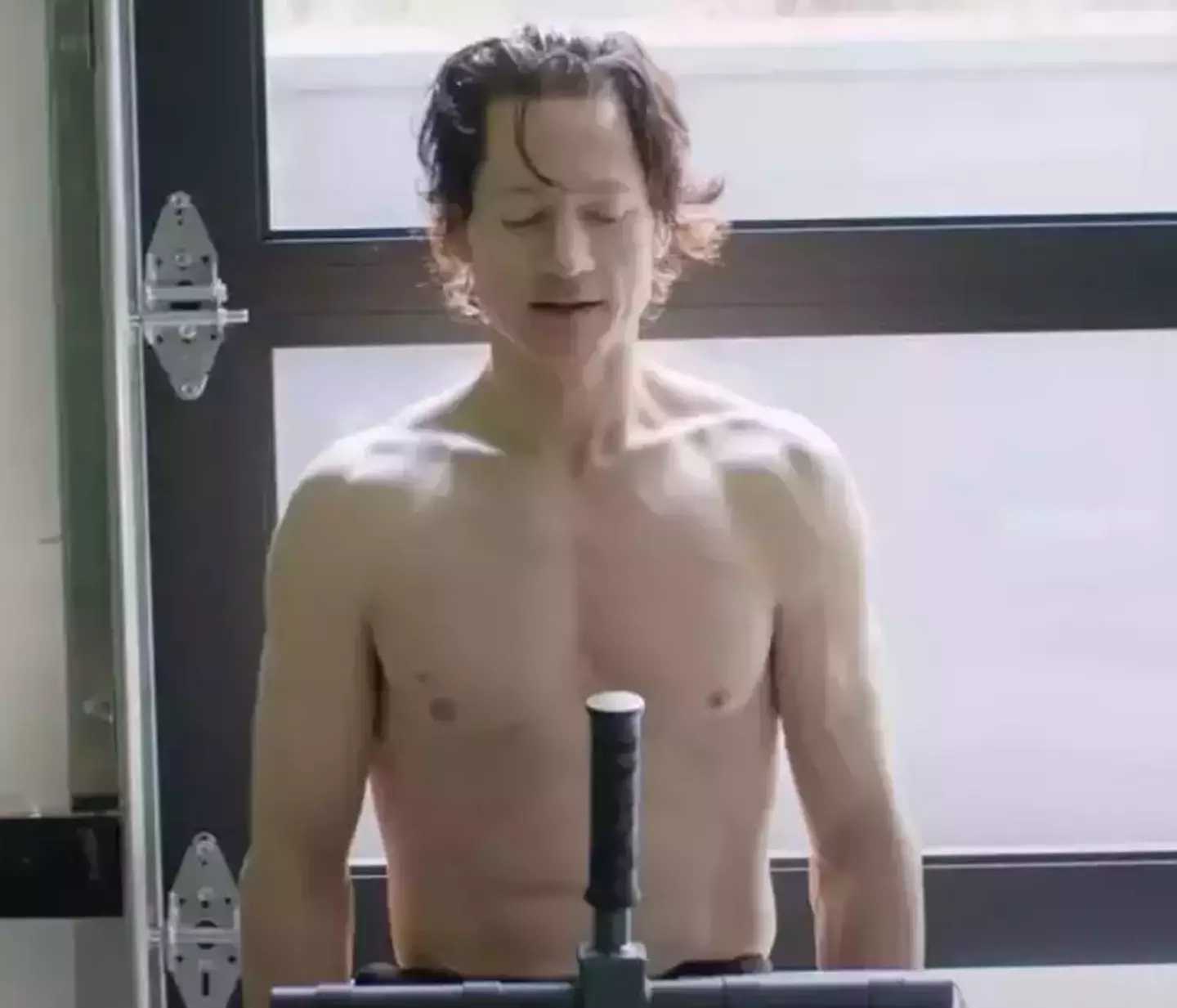
But, for those of us looking a cheaper and less bats**t crazy approach to anti-aging, experts have a list of simple, science-backed things you can do to reverse your biological age.
Advert
Ageing expert Andrew Steele - author of Ageless: The New Science of Getting Older Without Getting Old - shared some easy steps to take with BBC Science Focus.
Maintain your muscle
It's common knowledge that we all should aim to do at least 150 minutes of moderate exercise or 75 minutes of intense exercise every week.
But, we often overlook the importance of adding strength training to our workout routines.
Advert
We lose roughly five percent of our muscle each decade after the age of 30. But resistance exercise can delay or even reverse this decline, preserving both our bone density and muscle mass.
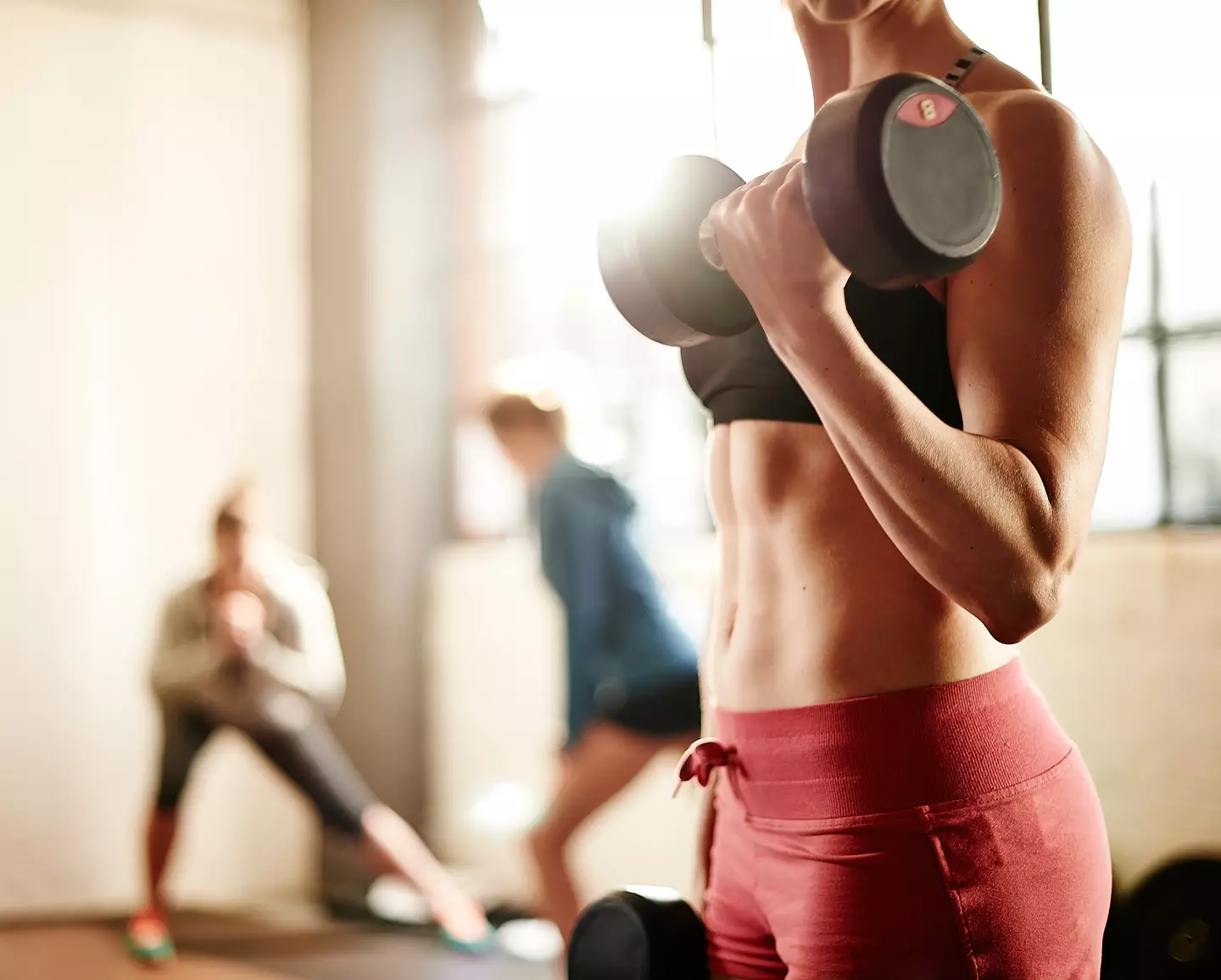
Ignore fad diets
While fad diets can help you drop those extra pounds fast, Steele says studies show that the weight loss is disproportionately by loss of muscle rather than fat.
Advert
Given the importance of maintaining muscle as we age mentioned above, they're not so great when it comes to reversing our age.
Instead, experts say we simply need to eat less meat and more vegetables, fruit, legumes, nuts and whole grains.
Brush your teeth
It may come as a surprise, but brushing your teeth is also key to potentially living longer.
Advert
Studies find that people with less tooth decay and gum disease seemed to have fewer heart problems than those with worse oral hygiene.
While the exact reason for this is unclear, Steele says some suggest it could be connected to chronic inflammation, which can be caused by bacteria on your teeth and can lead to accelerated aging.
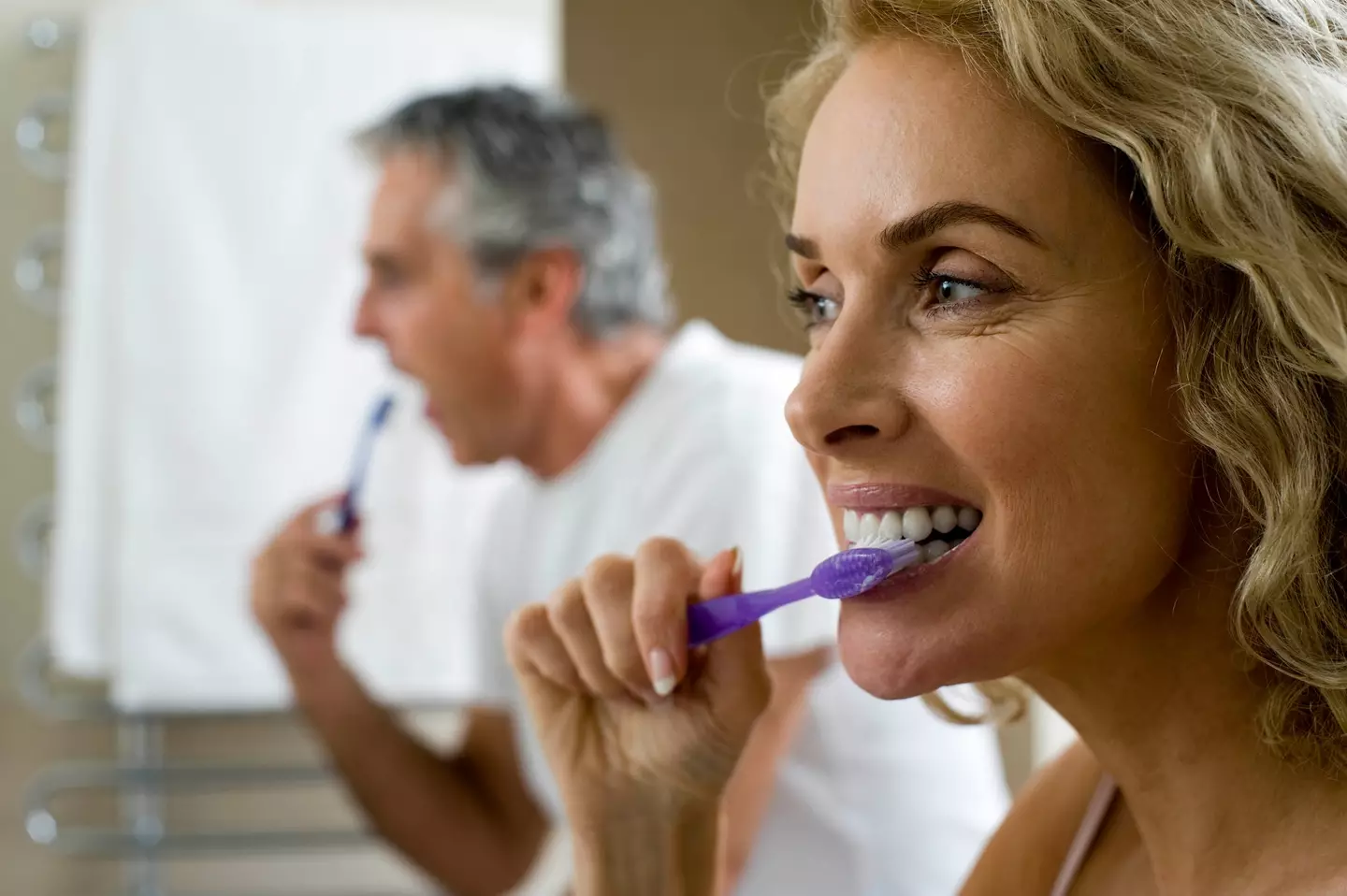
Get a good night's sleep
We all know that we should be getting between seven and nine hours of shut-eye each night, but did you know that a good slumber can lengthen your lifespan?
This is because the brain does a 'spring-clean' every night while we're asleep, flushing out toxic proteins associated with ageing.
Steele says while we snooze our brains are 'literally flushing out toxins, like the amyloid deposits associated with Alzheimer’s disease, via a recently discovered network of pipes in our skulls, known as the glymphatic system'.
Wear suncream every day
As well as causing skin cancer, UV rays emitted by the sun accelerate the aging of our skin.
These rays damages the collagen and other structural proteins that make our skin strong yet supple while we're young, leading to premature wrinkles.
Steele says: "It’s worth applying sunscreen every morning since UV rays can be strong enough to damage skin on overcast days or through a window."
Pop on a pair of sunglasses
Protecting your eyes from the sun is just as important as protecting your skin as the effects of UV rays can stretch far beyond vision problems.
Both cataracts and age-related macular degeneration (AMD) can be caused by exposure to UV rays and have both been associated with an increased risk of cognitive decline and dementia.
Protecting your eyes with a pair of sunglasses can help you maintain your sight as you get older, as well as brain function.
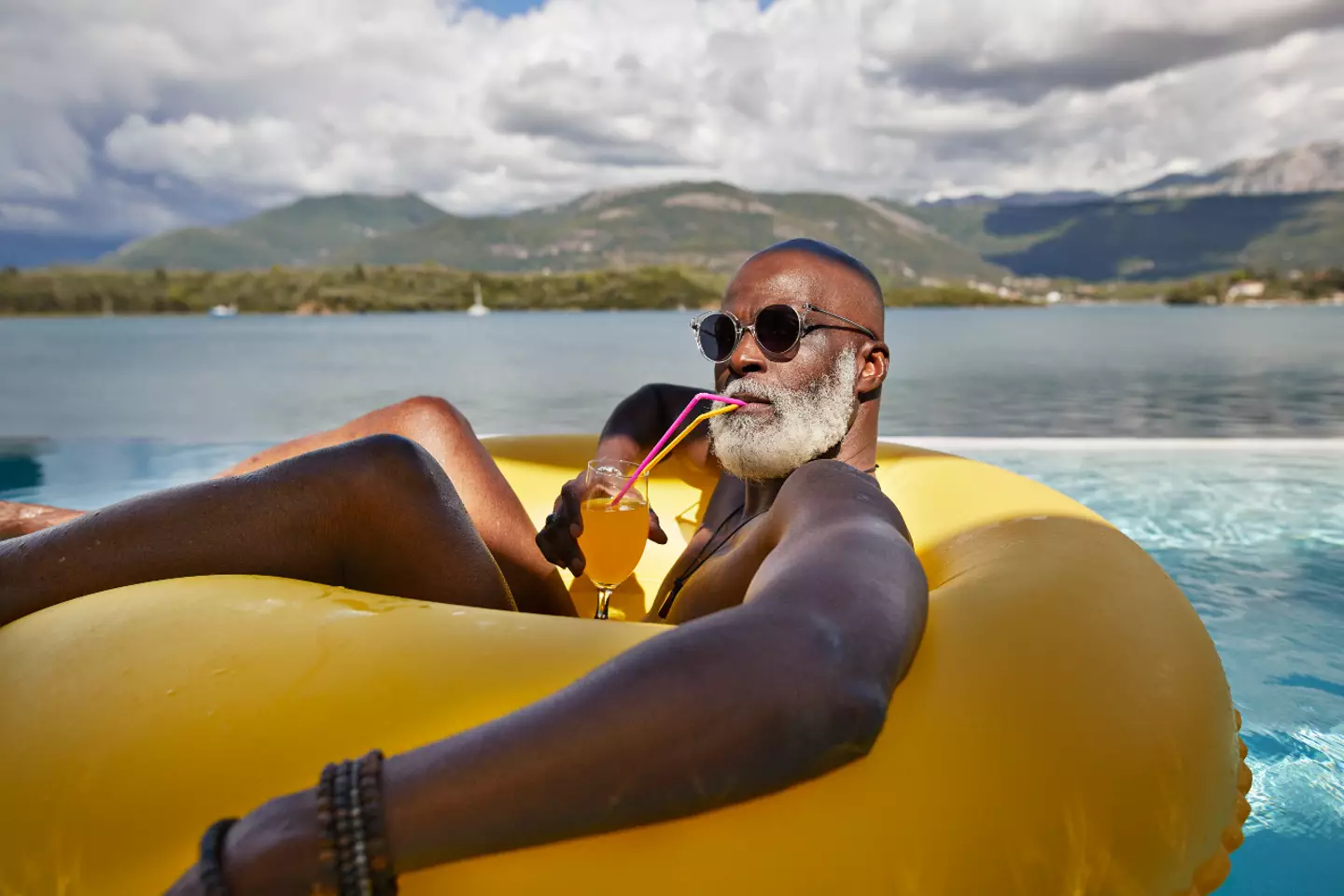
Wash your hands
When the pandemic first hit, we were all told to wash our hands thoroughly to reduce the spread of the coronavirus. But regularly washing your hands can boost your life expectancy too.
We know that certain infectious diseases have a direct link to non-infectious ones later in life. For example, cytomegalovirus (CMV) seems to accelerate the ageing of the immune system.
On top of this, it's been found that people who get sick less often as kids age better as adults.
Steele says that 'doing everything you can to avoid infections might have a positive impact beyond the short-term desire to avoid the misery of being ill'.
Don't waste your money
While Bryan Johnson claims to be having great success with his biohacking pursuits, there's really no need to be splashing your cash on anti-ageing supplements.
Steele claims most of the benefits Johnson is experiencing from his strict anti-ageing regime come from 'eating more vegetables, nuts and legumes; getting plenty of exercise; and consistent sleep patterns'.
Scientific studies show that supplements have little to no effect on life expectancy and can even reduce it if you take too many at once.
Steele says: "If you’re taking over 100 different pills, it’s likely to reduce life expectancy overall: while some anti-ageing interventions add together, other combinations don’t play nicely."
Featured Image Credit: Getty Stock Images